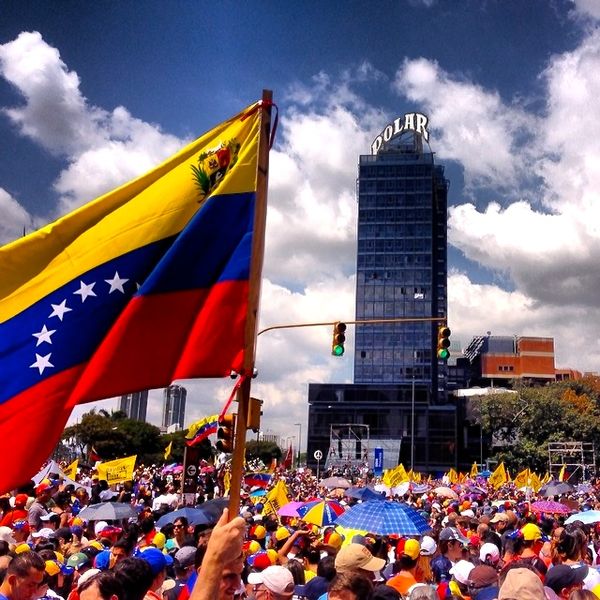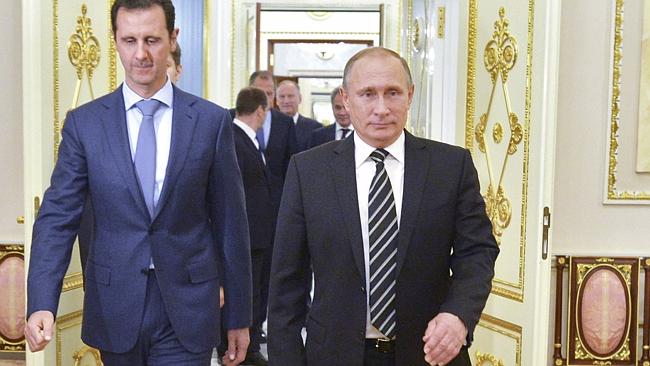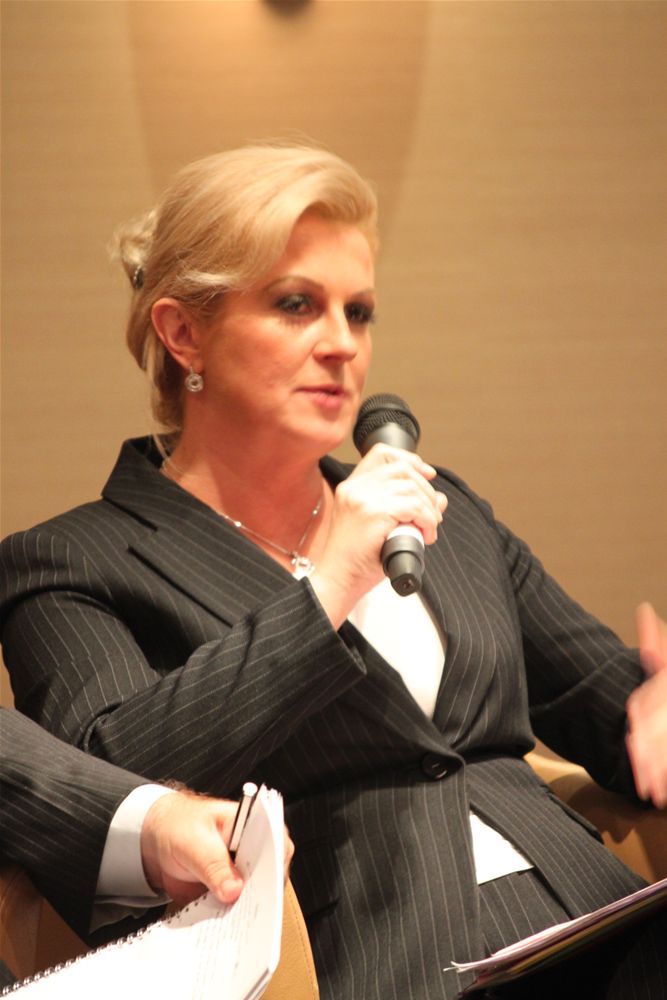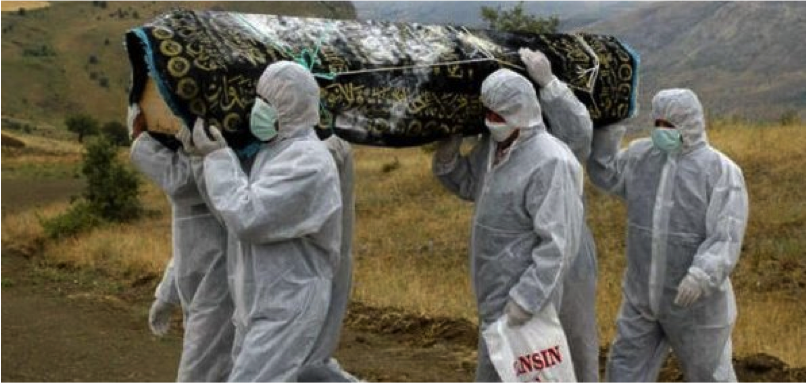While the world turned its attention to the intense protests occurring in Ukraine, violence erupted in Venezuela against the government of President Nicolás Maduro. Chronic scarcity of basic goods, hyperinflation, and high crime rates have led to civil unrest.
In 2013, the inflation rate in Venezuela was an unbelievable 56.3%, a 16 year high. The scarcity index, which measures the amount of goods out of stock at any given time, climbed to 22.4% in October of 2013, the highest level since 2008. The inability of the government to deal with economic weakness spurred action that began as student protests in Caracas. There is also reason to believe that inflation is even higher than official reports suggest due to Venezuela’s lively black market economy. Venezuela’s black market mostly trades in foreign currency; Hugo Chavez imposed strict controls on foreign exchange in 2003, after an attempted coup and a three-month oil strike which crippled the economy. These controls have led to the creation of a dual economy, and much of the shortages are a result of Venezuelan companies being unable to access enough foreign currency to import sufficient basic commodities.
However, while the Venezuelan economy is currently tallying some of the worst scores on economic indicators in decades, Venezuela’s economic policies have remained fairly unchanged in the last decade. So what has incited these protests now, when the grievances driving them have been percolating in Venezuela for decades?
The changing variable has been in the leadership of the country. After the death of Hugo Chavez of March in 2013, Nicolás Maduro was elected as President of Venezuela, and the difference in leadership shows. Chavez, for all his aggressive rhetoric, always ruled with an iron fist and kept a tight lid on widespread rebellion despite economic grievances. Maduro, in contrast, appears weak and does not possess his predecessor’s confidence or political aptitude.
When a government is so closely tied to one person, successors may have a problem living up to expectations.

Maduro inherited a factionalized, unstable government that had been previously kept in check by Chavez, but without the charisma and bravado of the Comandante, the newly elected President has failed to maintain a balance of power. His inability to manage his government has spilled over and provided a vacuum for civil unrest that angry sections of the Venezuelan populace have taken advantage of.
Leopoldo Lopez heads the central opposition party, known as Popular Will. Lopez surrendered himself to police after Maduro issued a fairly baseless warrant for his arrest, implicating him for the death of three people at the student protests that began a few weeks ago. However, even from prison Lopez is inciting rebellion as the protests gain momentum.
One of the successes of Chavez’s rule was his creation of a cult of personality that allowed the strength of the government to equal the strength of Chavez’ character itself. Chavez certainly had many obstacles during his tenure and many of his policies were deeply flawed, but his strength as a leader allowed him to maintain a relatively stable Venezuelan state. However, when a government is so closely tied to one person, any successors may have a problem living up to expectations. This is what we are seeing in Venezuela, as Maduro has nowhere near the charisma and strength of character that El Comandante possessed.
However, while Nicolás Maduro is clearly not Hugo Chavez, his relationship with the late former president as well as the deep integration of Chavez’ socialism means that while Venezuelans are certainly angry enough about their nations’ poor economic performance to take to the streets, they may not be seeking a total government overhaul as happened in Ukraine.

Chavez nominated Maduro to be his successor before he died, and so many of his supporters continue to be loyal to Chavez by being loyal to his chosen successor. Also, despite widespread discontent with Venezuela’s economic performance and crime rate, as of now there is a sense that Maduro is equated with Chavismo socialism; if Maduro is ousted, opposition parties could overturn much of Chavez’ policies. The Venezuelan populace wants change and wants to reap the benefits of its rich natural resource industry in particular, but most want to do so within the parameters of Chavez’ plan for Venezuela and so may be willing to put up with Maduro.
It does not appear that the protests in Venezuela, while certainly violent and indicative of some deep-seated economic grievances, will go the way of Ukraine. In Venezuela, many people still have faith in the system of government; their discontent is incidental rather than systemic. Maduro is not as strong a leader as Chavez was, and it shows, but his commitment to Chavismo socialism may prove to be enough to keep him in power despite Venezuela’s economic struggles.




